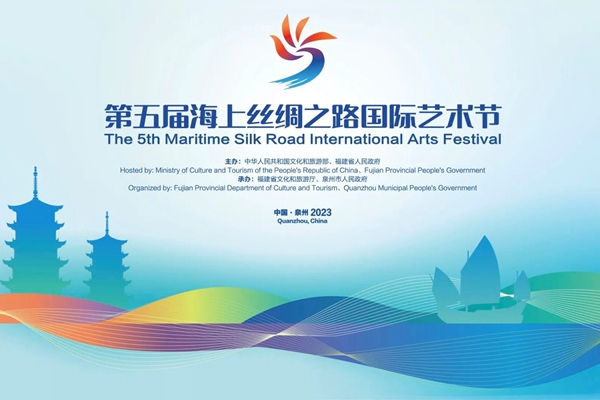Graduating top of the class
Intense return
Founded by the FUSC in 1998, the CUBA saw its 22nd season severely disrupted by the COVID-19 outbreak. After being shut down in January, organizers had only a month to finish the campaign, which was originally supposed to end in June.

Tsinghua University players celebrate during Saturday's CUBA Division 1 final in Quanzhou, Fujian province. Tsinghua triumphed 83-75. [Photo/qzwb.com]
After repeatedly adjusting its resumption plans, the CUBA made a spectator-less return at the end of July with all three divisions, on both the men's and women's sides, played in five 'bubble' host venues on shortened schedules.
Instead of contesting the regional tournaments in a home-and-away format, the men's D1 competition drew last year's top-12 teams from each of the four regions into eight groups at a championship in Quanzhou, where top-four finishers advanced to a 32-team knockout stage.
The hectic schedule, which saw eventual winner Tsinghua play 11 games over 13 days behind closed doors, was a huge and unprecedented test for the players.
"It's pretty exhausting but, at the same time, even more exciting to play in the single-elimination format," said Li Zhanglin, Central South University's starting center, who scored 18 points to go with 11 rebounds in the final.
"It's a big challenge physically and mentally. We are proud to pull through it, even though the ending wasn't what we wanted," said the business major.
In another boost to the league's profile, 119 games were livestreamed on Youku.
Star college players were also involved in basketball-themed reality shows, which significantly helped promote their image and even future draft prospects, said Huang Chunxiang, a vice-president of Alisports.
"The inspirational stories of our own student athletes deserve to be known by a larger audience. The CUBA needs more stars for fans to follow and more exposure to promote its image."
In August 2018, Alisports-owned by internet giant Alibaba-acquired the exclusive operation rights of the CUBA for seven years in a 1-billion-yuan ($145-million) deal.

 5th Maritime Silk Road International Arts Festival
5th Maritime Silk Road International Arts Festival 